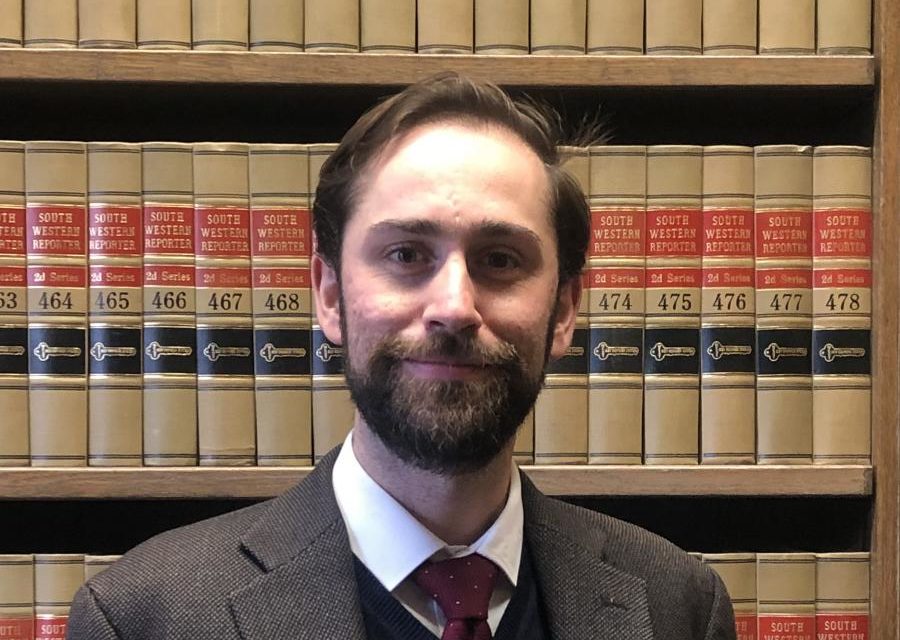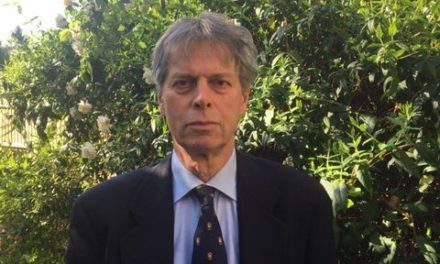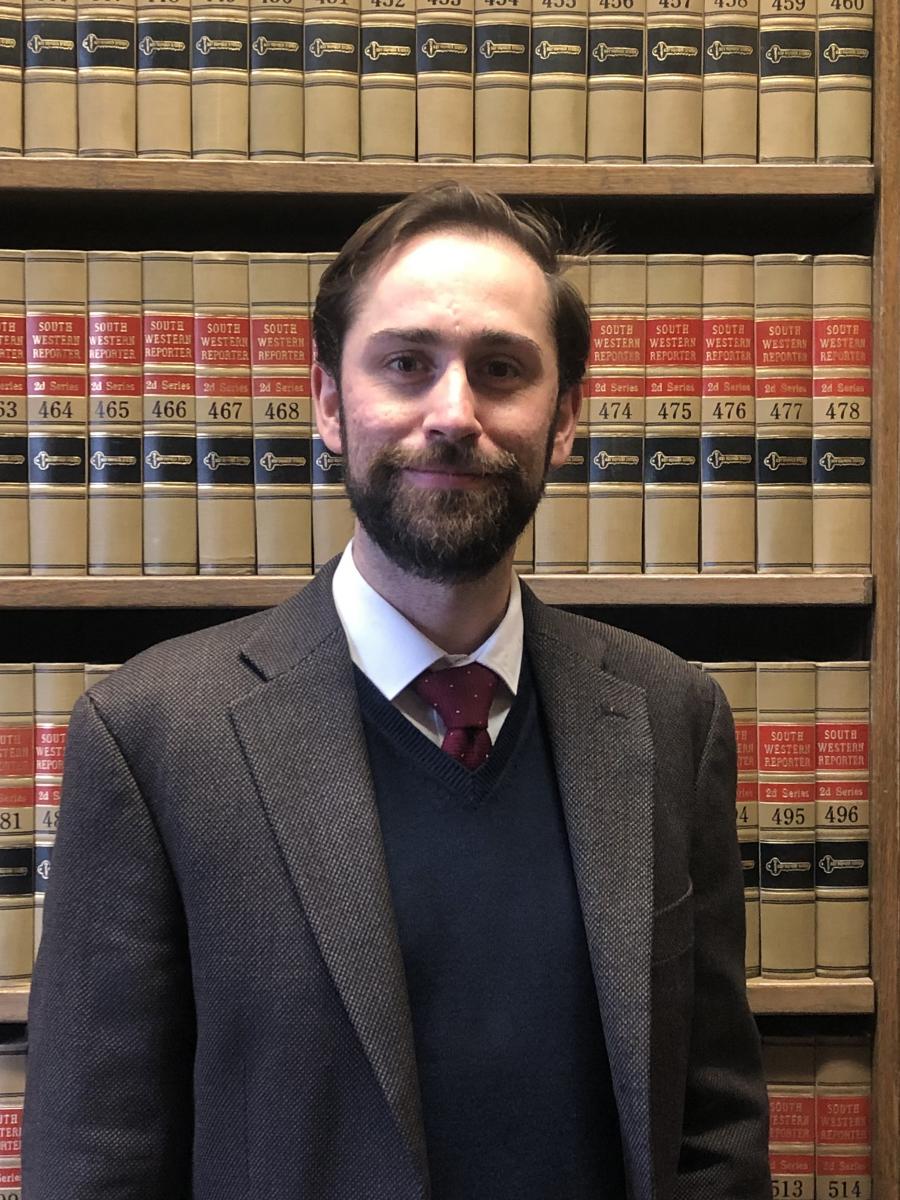
Barnaby Bryan read Philosophy at King’s College, Cambridge, and later qualified as an Archivist at University College London. He has undertaken archival work at various institutions, including Unilever’s corporate archive in Port Sunlight. He joined the Middle Temple as a Project Archivist in 2015, progressing to Assistant Archivist in 2016 before being appointed as the Inn’s Archivist in 2019.
The office of Under Treasurer of the Middle Temple has existed for many centuries. Since the first known appointments in the 16 Century, the role has evolved from that of a humble debt collection assistant to the Inn’s Chief Executive. Over the years, Under Treasurers have faced Civil War, air raids, financial crisis and conflagration, many serving for several decades, and more than one incumbent departing under a cloud.
The first recorded Under Treasurer, William Whorwood, was appointed in 1524 ‘to collect and levy debts in place of the Treasurer, as an assistance to the Treasurer for the time being’. As the Treasurer for that year, Richard Lyster, had been Solicitor General since 1521, he may have had his hands full. A member of the Inn himself, Whorwood later served as Autumn Reader in 1537.
Many Under Treasurers served for more than 30 years, but James Buck still holds the record.
Another Middle Templar to hold the office in the 16th Century was Thomas Pagitt, who served from 1570 to 1576 and was Lent Reader in 1584. Pagitt and Edmund Plowden, Treasurer in the 1560s, were both Roman Catholics and the pair were blamed in 1580 for the Inn being ‘pestr’d with papistes’ – no minor accusation in those times of widespread religious suspicion and persecution.
Some employees of the Inn worked their way up through the ranks – Richard Baldwin was admitted to the Inn and appointed Under Treasurer in 1591, having provided ‘good services’ as the Inn’s Butler previously. He went on to serve in the role for 28 years.
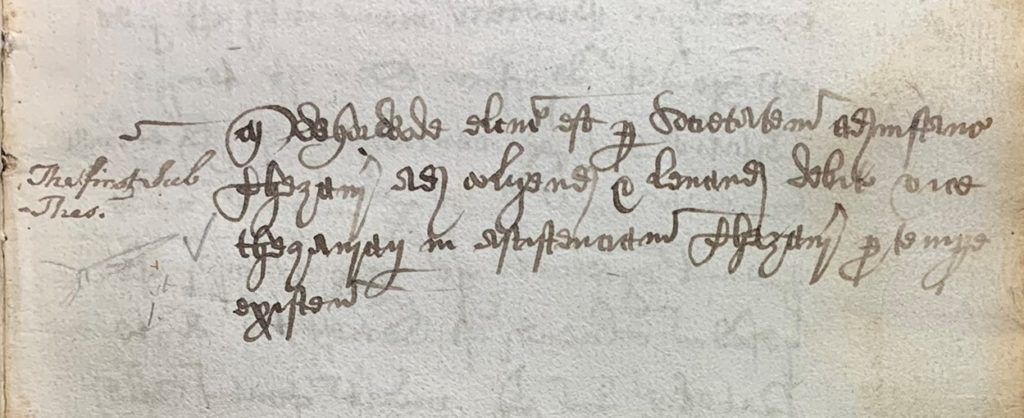
His successor, John Bayliff, also served for around 30 years. In 1625 the Treasurer was entirely relieved of handling money and Bayliff took full responsibility for it. The English Civil War, which broke out in 1642, caused great commotion in the life of the Inn. The membership (including the Benchers) divided between Royalists and Parliamentarians, Readings ceased to be given and admissions fell considerably. The Inn’s income was so disrupted that Bayliff himself financed the Society at his personal expense. By November 1647, the Middle Temple was indebted to him to the sum of £1,812, and in 1649 Parliament ordered that all of the Inn’s silver ‘more than is for ordinarie use’ be sold to repay the Under Treasurer.
Many Under Treasurers served for more than 30 years, but James Buck still holds the record. An order of Parliament of 1708 gave him permission to sit at the end of the Bench table when taking minutes – by this date he had served 50 years of his 53 year Under Treasurership. Some of Buck’s personal business papers survive in the Inn’s Archive, illuminating his extensive ‘extra- curricular’ activities as a landlord and Chief Bailiff of the manors of Haringey, Hornsey and Finchley.
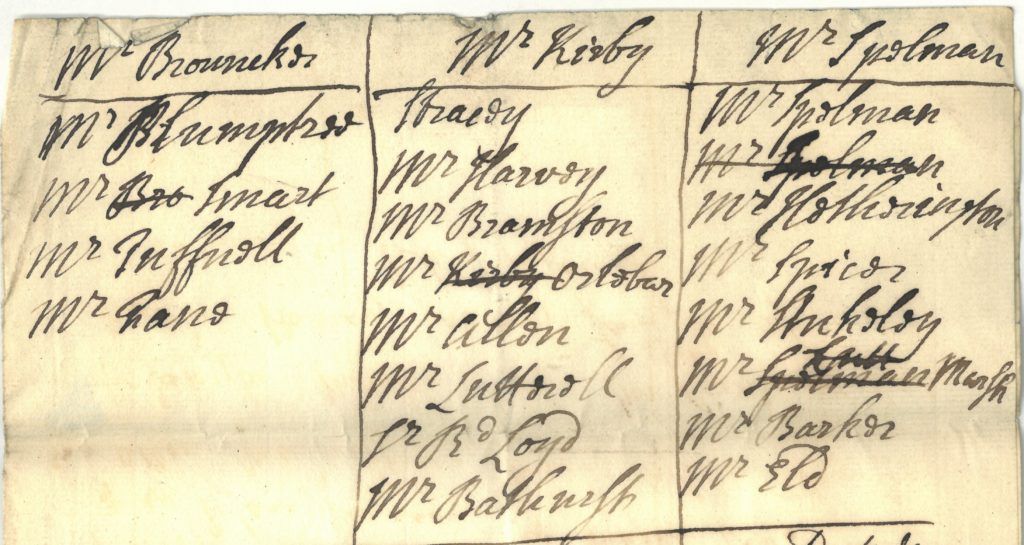
From the 17th Century onwards, the Under Treasurer had to give a bond for £1,000 on taking up the office. This guaranteed his keeping just and true accounts of all income and expenditure and being responsible for the safe keeping of plate, linen, deeds, evidences, rolls, admission books, receipts, bills, rentals and other muniments. By the mid-18th Century the bond had risen to £2,000 – worth around £230,000 in today’s money.
Some Under Treasurers appear to have been fairly robustly dealt with. In 1747, 20 years into Richard Bruncker’s Under Treasurership, Parliament voted on its choice of three candidates for his job. Bruncker came third. The winner was appointed and Bruncker was demoted to assistant, dying shortly afterwards. Parliament also ordered that an officer be appointed ‘as a check and accountant’ of the Under Treasurer, suggesting that Bruncker’s bookkeeping may have been the reason for his downfall
Another significant position within the early modern Inn was the Keeper of the Library, the first holder of this office having been appointed in 1642 under the terms of the will of Robert Ashley, who had bequeathed his collection of books to establish the Library. Two Keepers went on to be promoted to Under Treasurer – Charles Hopkins in 1752, and his successor James Horsfall in 1776.
Sometimes the office was passed from father to son: William Eldred served from 1785 until 1838 when his eighth son, Edward, succeeded him and held office until he was removed for disobedience of orders in 1855. Surviving contemporary records from the time suggest he may have suffered a breakdown of some sort, and following his death shortly after his removal from office, the Inn provided financial support for his wife Charlotte and their several children. The Inn’s collection of portraits includes a pair said to be of ‘Mr & Mrs Eldred’.
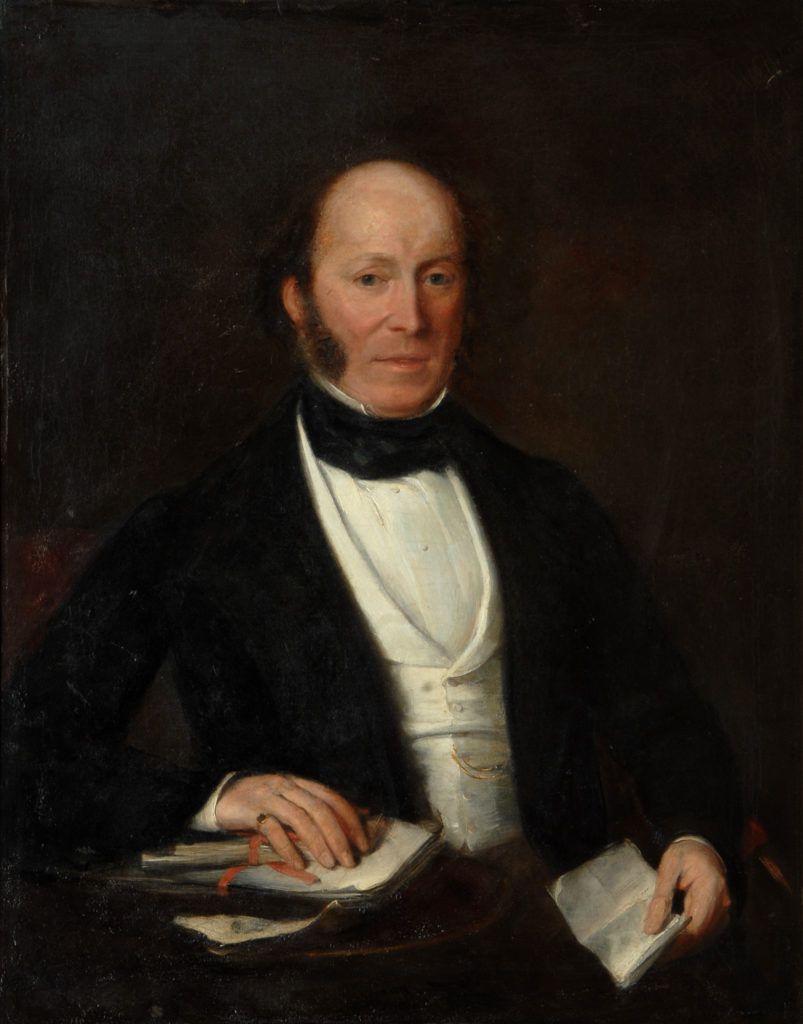
The final Under Treasurer of the 19th Century, James Waldron, served from 1886 to 1913 and appears to have presided over a decline in discipline, organisational stagnation and general lack of activity. His successor, Major Henry Beresford- Pierce DSO, who had distinguished himself in the Second Boer War, was appalled by the slackness of administration and bad practices of the staff. Drunkenness was a particular problem, many employees habitually fortifying themselves throughout the day with beer from the buttery. He found ‘great discontent and dissatisfaction’ in all departments, and office administration was found to be in ‘a considerable state of confusion’.
Beresford-Pierce proved an efficient new broom, overhauling the Inn’s administrative practices, and, after inheriting a baronetcy in 1926, resigned in 1930 having established a strong and effective team in the Treasury. His successor, the former Assistant Clerk William Hewlett, served until 1949, being commended by the Bench in 1946 for his dedicated wartime service, serving as an Air Raid Warden five nights a week throughout much of the war.
From 1968 until 2011, every Under Treasurer was a retired senior officer of the Armed Services, including a brigadier, naval captain and rear- admiral, and two air commodores. In 2011, Catherine Quinn, the Inn’s first female Under Treasurer, was appointed, having previously headed the grant-giving operations of the Wellcome Trust. She oversaw a substantial re-organisation of the Inn’s governance structure, administration and staffing, before leaving the Inn in 2013. Her successor, Guy Perricone, served until 2020 and was Called to the Bench in a remote ceremony on Thursday 9 July of that year, being succeeeded by Victoria Wallace.

